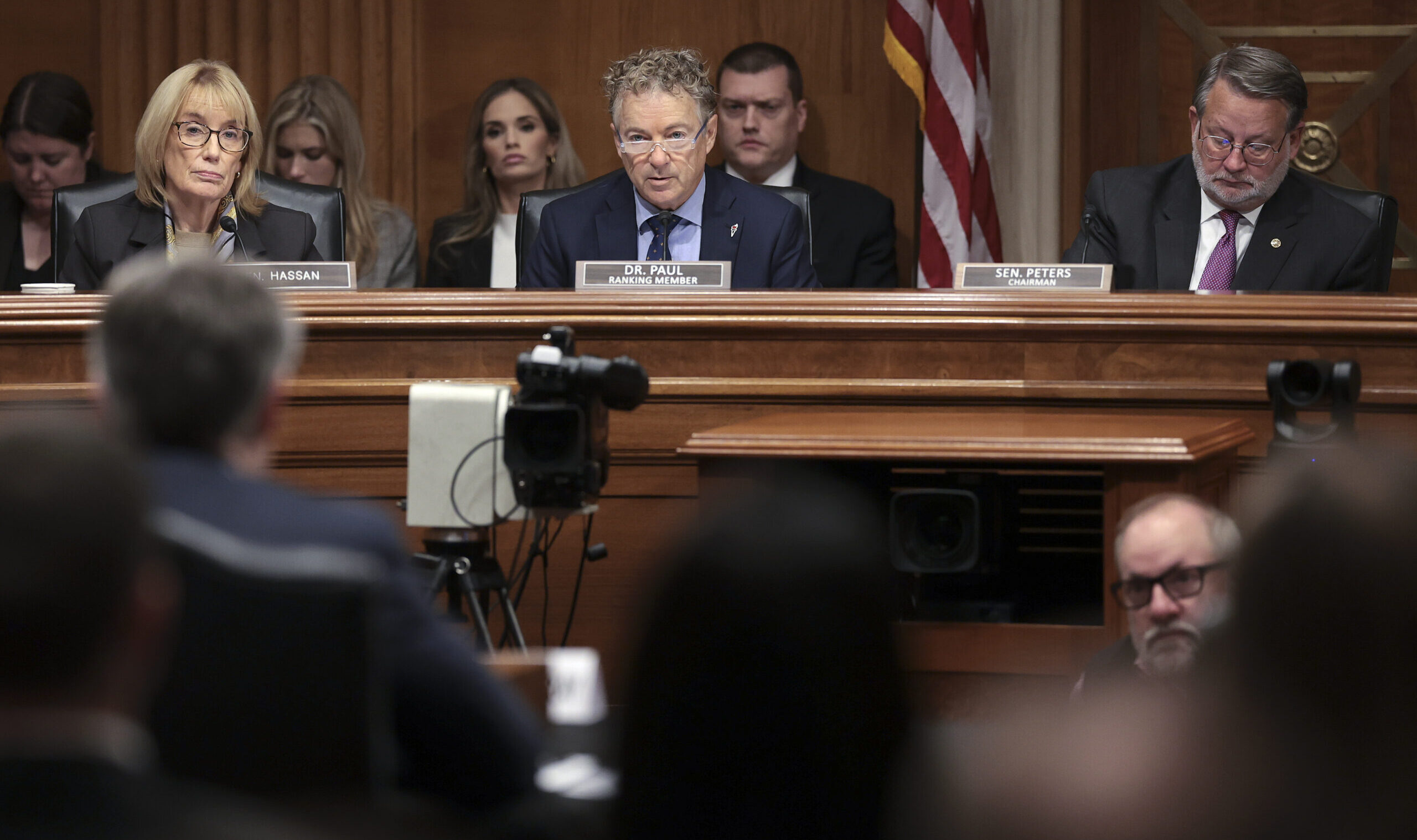The Illusion of “Limited” Intervention
Bernard Finel objects to what he considers unrealistic non-interventionist standards:
We continue to think in those terms. Opponents of intervention in Syria argue, essentially, that since we can’t solve the problem, we shouldn’t try. But is that the right standard? Why isn’t mitigation, or punishment, or norm-reinforcement a perfectly valid goal?
Actually, most of the arguments against Syrian intervention that I and others have made don’t say this. One complication is that not all interventionists view the problem in the same way. Some interventionists argue that the problem is the regime itself, and that any intervention should have as its goal the overthrow of the regime in order to strike at Iranian influence. According to Finel, an intervention that managed to do this would be a success on its own terms, regardless of the adverse consequences to Syria and region. The intervention would have “worked” according to a very narrow definition. Opponents of this sort of intervention usually cite the difficulties and costs that would be involved, and we question the wisdom of toppling a government in a country divided by sect and ethnicity.
Other interventionists hold that the problem is the humanitarian crisis created by the crackdown and the civil war, but every proposal they make for remedying this seems guaranteed to make it worse. Opponents of Syrian intervention have already asked “can we make things better?” We have argued that “we” (i.e., the U.S. and other Western governments) cannot, and I haven’t seen any persuasive arguments that this is wrong. The interventionist response has usually been something along the lines of, “Well, we have to do something anyway.”
Punishment and norm-enforcement may or may not be valid goals, but they would almost certainly come at the price of an escalated conflict and a higher death toll than would otherwise be the case (to say nothing of the costs that the U.S. and Syria’s neighbors would have to pay). It wouldn’t be much consolation if far more Syrian civilians perished in the course of punishing Assad for his earlier crimes. If “punishment” ends up meaning the collective punishment of entire pro-regime communities, that hardly seems justifiable. Punishing Assad might make sense in theory if there were any reason to believe that such punishment would make other authoritarian states more reluctant to engage in such abuses, but Assad’s crackdown is Exhibit A that intervening against one abusive regime for the sake of deterring abusive regimes elsewhere doesn’t work at all.
Enforcing a norm against regime abuses that results in more upheaval and suffering than the regime has inflicted would mostly serve to discredit the norm being enforced. Invading Iraq on erroneous information about WMDs didn’t make the non-proliferation regime stronger. One reason that the Iraq war is correctly viewed as a failure is that the stated justification for it was proved wrong, and once the original justification had been exposed as wrong there was a search for new justifications that would somehow redeem the colossal blunder of invading to “prevent” something that didn’t exist. It was partly these new justifications adopted after the fact that kept the U.S. bogged down in Iraq for eight years.
The reality is that “limited” interventions rarely remain limited. They are almost always stepping stones to larger, riskier commitments. Once the government decides to become involved in a conflict, it becomes increasingly difficult to keep that involvement “limited,” because there is constant agitation for deeper involvement. Interventions are almost never kept within their original limits because the initial “limited” intervention is seen as failing to have the desired effect, or because the original limits are created to satisfy skeptics at home until the intervention gets underway and then they are discarded as soon as they have served their political purpose.
